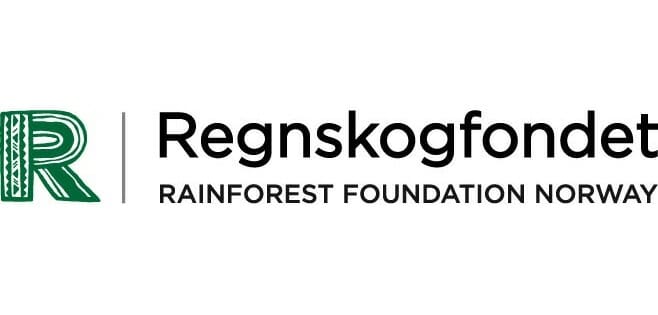Norway becomes first country to ban high deforestation risk biofuels
The Norwegian parliament has voted to make Norway the first country in the world to exclude biofuels based on high deforestation risk feedstocks such as palm oil, from 2020.
“This is a victory in the fight for the rainforest and the climate”, says Rainforest Foundation Norway.
Rainforest Foundation Norway (RFN) celebrated an important victory in the fight for therainforest and the climate. As negotiators and leaders of the world meet in Katowice, Poland for COP24, the Norwegian parliament voted to make Norway the first country in the world to ban high deforestation risk biofuels like palm oil.
This is the result of a long and hard struggle on RFN’s part to limit Norwegian consumption of palm oil and follows an all-time high consumption of palm oil based fuels in Norway last year. In 2017, 317 million litres of biodiesel – around 10 per cent of the total diesel consumption in Norway – were based on palm oil. That is now to be slashed.
- The decision represents an expansion, widening and strenthening compared to already adopted policies. In 2017 the Norwegian parliament voted in favour of a restriction on use of palm oil fuels in public procurement. This got substantial international coverage.
- Report by Cerulogy and RFN (Jan. 2018) shows should the current and proposed targets for future consumption of biofuels be implemented without strong measures against using palm oil feedstock, biofuel driven demand for palm oil could potentially see a sixfold increase by 2030 – a total of up to 67 million tonnes. This would exceed today’s total global production of palm oil.
“The Norwegian parliament’s decision sets an important example to other countries and underlines the need for a serious reform of the world’s palm oil industry,” says Nils Hermann Ranum of Rainforest Foundation Norway.









